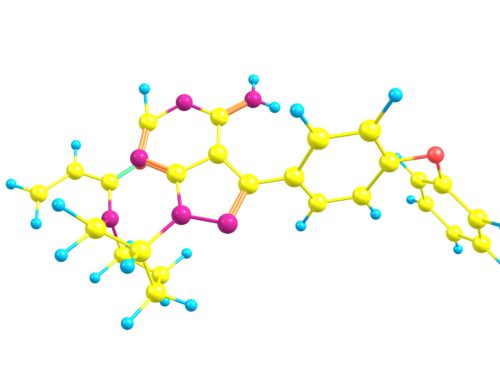The US Food and Drug Administration (FDA) has approved Lutathera (lutetium Lu 177 dotatate) for the treatment of a type of cancer that affects the pancreas or gastrointestinal tract called gastroenteropancreatic neuroendocrine tumours (GEP-NETs).
This is the first time a radioactive drug, or radiopharmaceutical, has been approved for the treatment of GEP-NETs. Lutathera is indicated for adult patients with somatostatin receptor-positive GEP-NETs.
‘GEP-NETs are a rare group of cancers with limited treatment options after initial therapy fails to keep the cancer from growing,’ explained Richard Pazdur, MD, Director of the FDA’s Oncology Centre of Excellence, and Acting Director of the Office of Haematology and Oncology Products in the FDA’s Centre for Drug Evaluation and Research.
‘This approval provides another treatment choice for patients with these rare cancers. It also demonstrates how the FDA may consider data from therapies that are used in an expanded access program to support approval for a new treatment.’
GEP-NETs can be present in the pancreas and in different parts of the gastrointestinal tract such as the stomach, intestines, colon and rectum. It is estimated that approximately one out of 27,000 people are diagnosed with GEP-NETs per year.
Lutathera is a radioactive drug that works by binding to a part of a cell called a somatostatin receptor, which may be present on certain tumors. After binding to the receptor, the drug enters the cell, allowing radiation to cause damage to the tumour cells.







